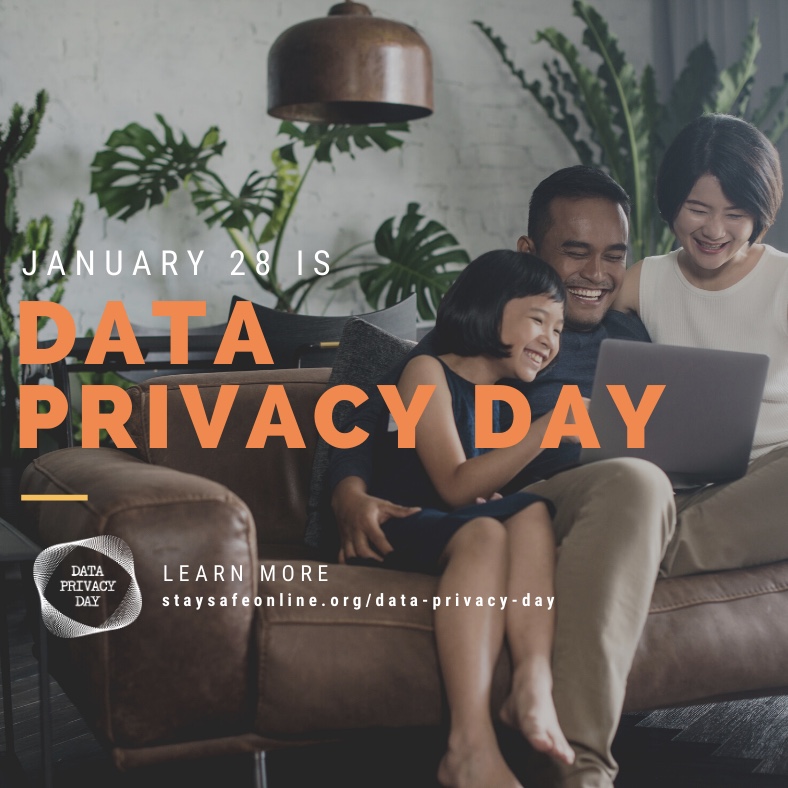Churches Should Protect Their Data. Tips and Links!

Dear Church leaders,
How are you doing at protecting the valuable data of your church and its members? Whether it’s less private information like the church bylaws, or very private information like membership directories, financial transactions, and personal messages, churches have a responsibility to keep its data safe.
Of course, there’s no such thing as perfect security, but there is such a thing as due diligence. And some of us aren’t doing a very good job.
Let me encourage you in this way: start thinking about protecting information online like you would offline. For example, if you wouldn’t counsel a couple whose marriage is falling apart in the middle of a public coffee shop, then neither should you send sensitive emails to that couple over that coffee shop’s public WiFi.
The data we possess as leaders of the church is valuable and we should treat it as such. Losing data, because of a hardware crash or a thief can be very expensive to recover and can even alter some people’s lives.
This means that as leaders we need to follow good practices, like the ones listed below. We also need to help shape a culture in our churches that thinks about safety not only in the nursery and in the classroom but also on the Internet. Because as a body what we do effects each other, and the good work you do can be undone if others in the church don’t their part.
Everyone can learn more at stopthinkconnect.org. But let’s get some things done today.
Here are three simple things you can do today.
- Start using a browser and search engine that protect your privacy rather than ransack it. Download Brave and switch your default search engine to DuckDuckGo.
- Secure your email accounts with good passwords and turn on two factor authentication (apps like Authy are better than SMS messages which are better than nothing). Here’s how.
- Start using a password manager today. Bitwarden is great and offers free and super-cheap accounts. Don’t wait to start. You can adjust your system to meet your needs as you go, and if it Bitwarden doesn’t work for you, it’s easy to export your data and move it somewhere else.
Here are three things you could do this month.
- Secure your home and church networks.
- Backup your data so it can be recovered in case of loss. Having local, physical backups and offsite electronic backups is a good idea. I like Backblaze.
- Install a VPN on your mobile devices. If you don’t know what that is, make it easy on yourself and just sign up for Tunnelbear. Again, you can always switch later.
Having fun? Want to level up?
- Lock down your privacy settings. Start with your most important accounts and devices first.
- Get away from businesses that require your personal data to make money. Visit nomoregoogle.com and ethical.net to find better tools.
- Own your own data. Instead of giving away your data for free to social media companies, take back control of your online presence by having your own website and posting there first. This once was difficult, but now it’s easy and cheap with services like Micro.blog and Blot.im.
Learning to use the Internet safely is empowering. And it’s easier than the other ethical alternative: disconnecting from the internet. Because if you can’t use it safely, then you shouldn’t use it.
If you are feeling overwhelmed, just go back to the things you can do today. The tools I suggest are well-respected, easy to use, and inexpensive. And if you don’t like them, you can always switch later. You’ll feel good having taken a step in the right direction.
To learn more, follow the links above and consider subscribing to a couple blogs to keep current on the issues.
See you online.